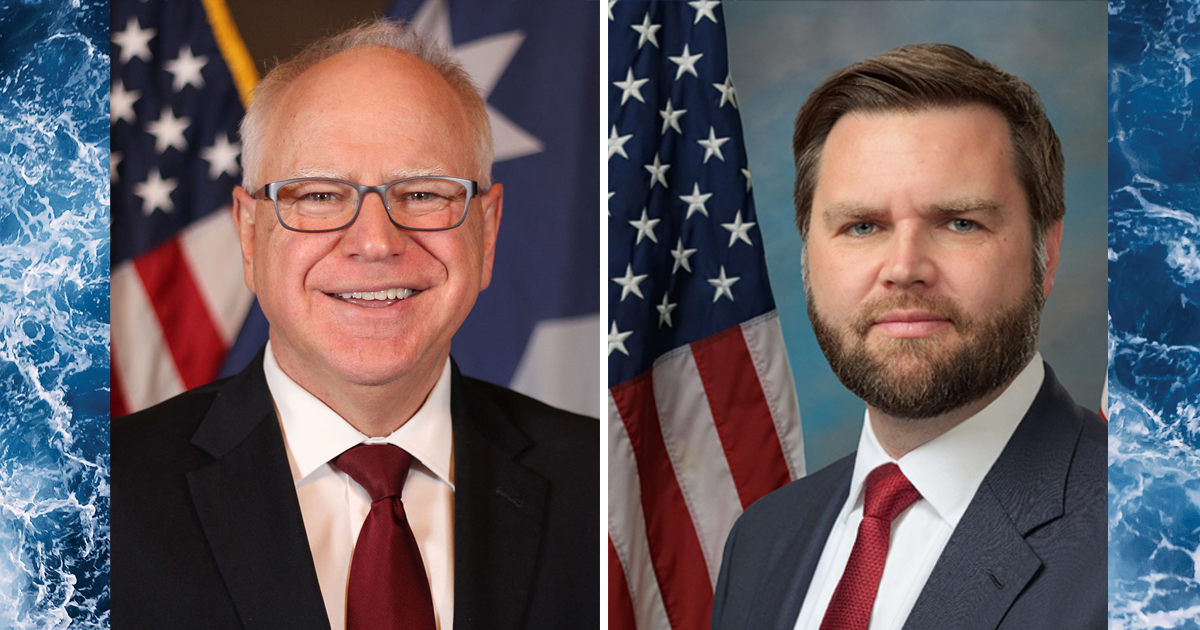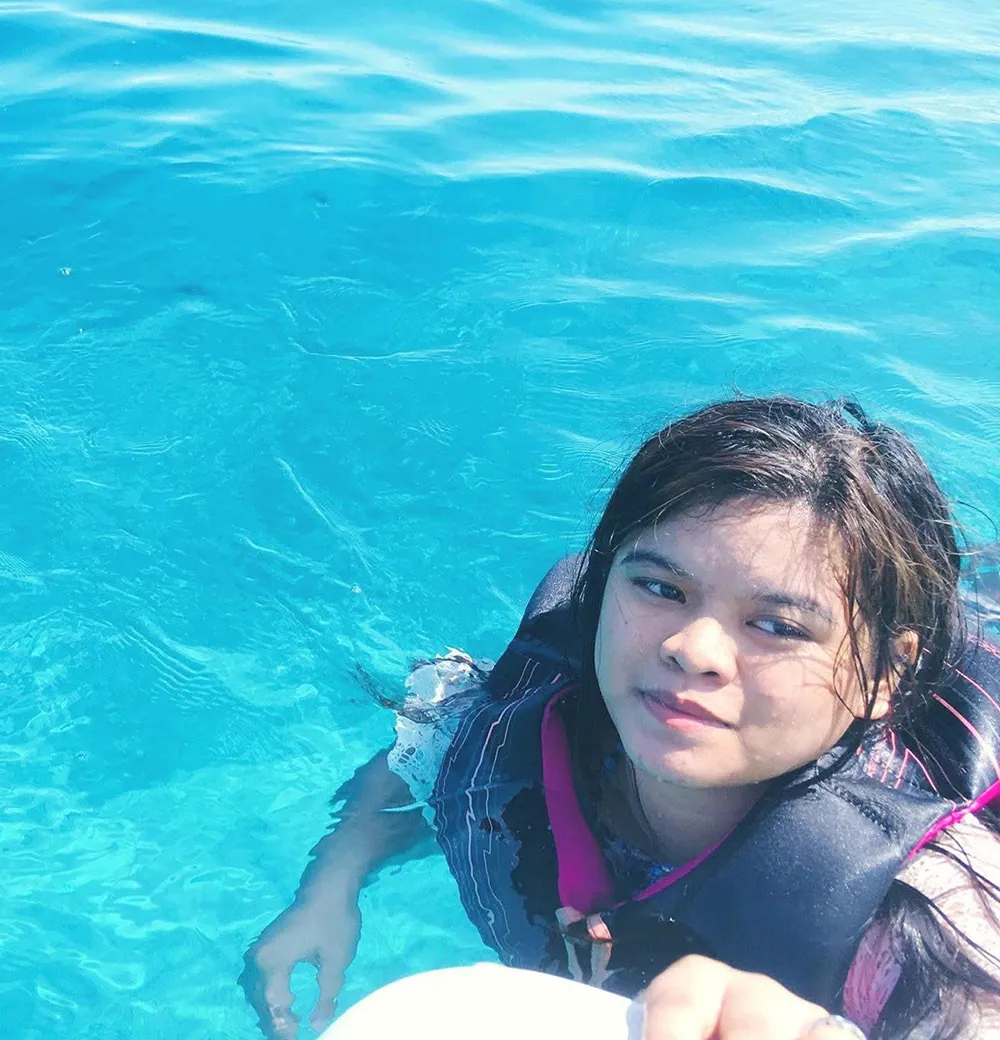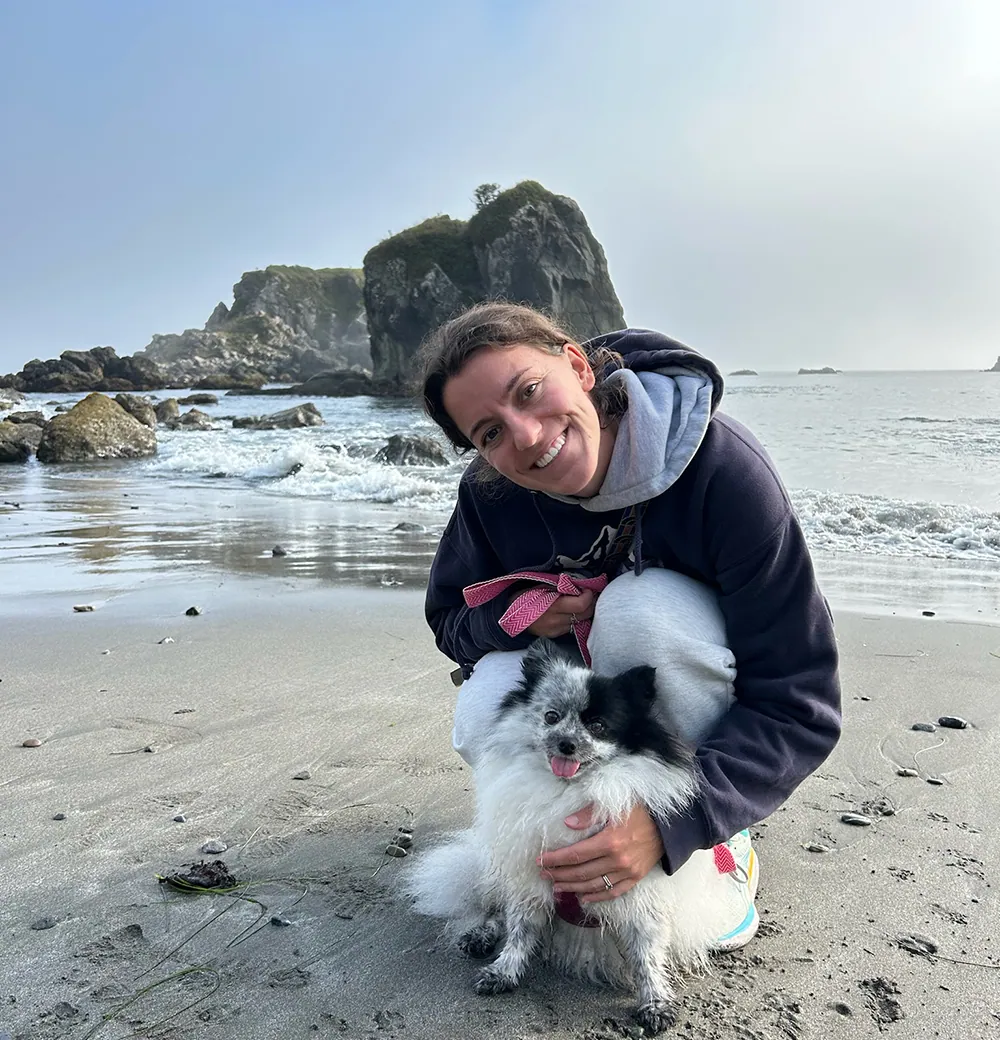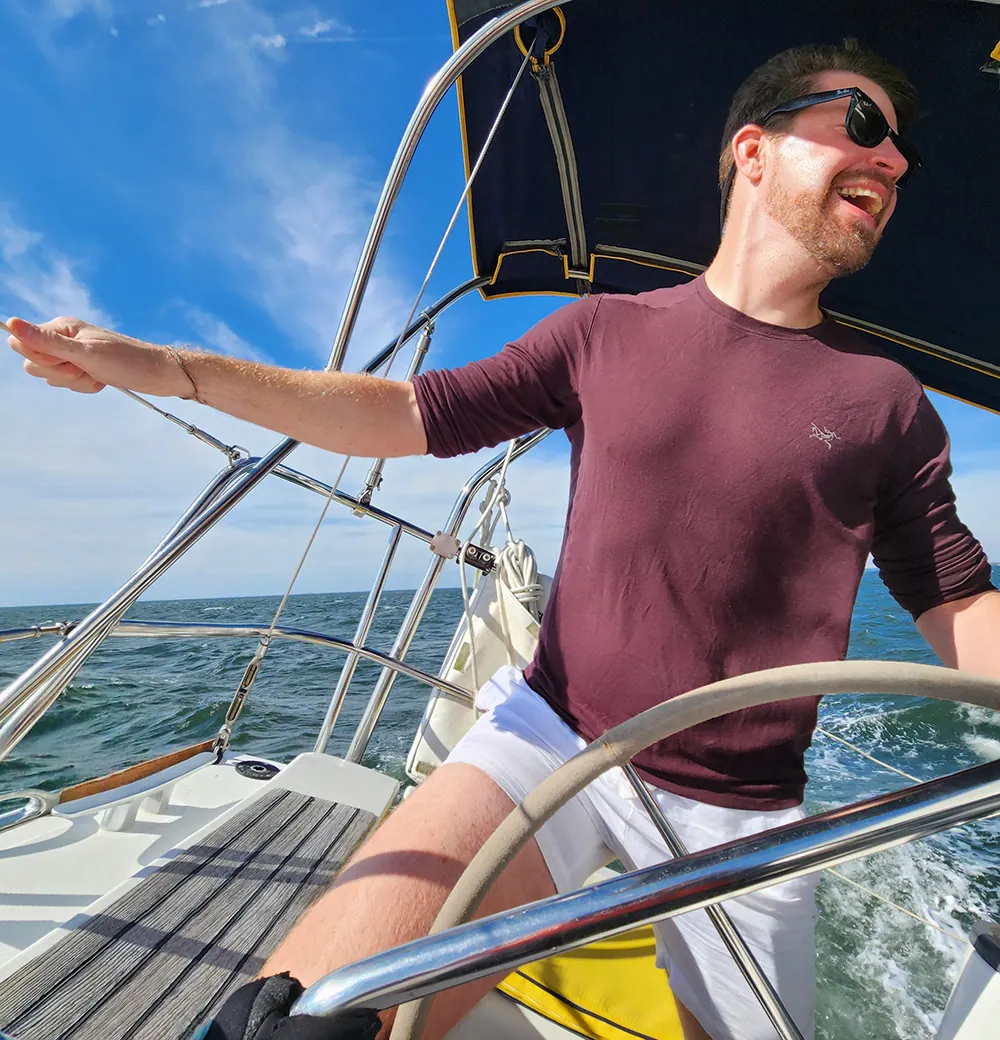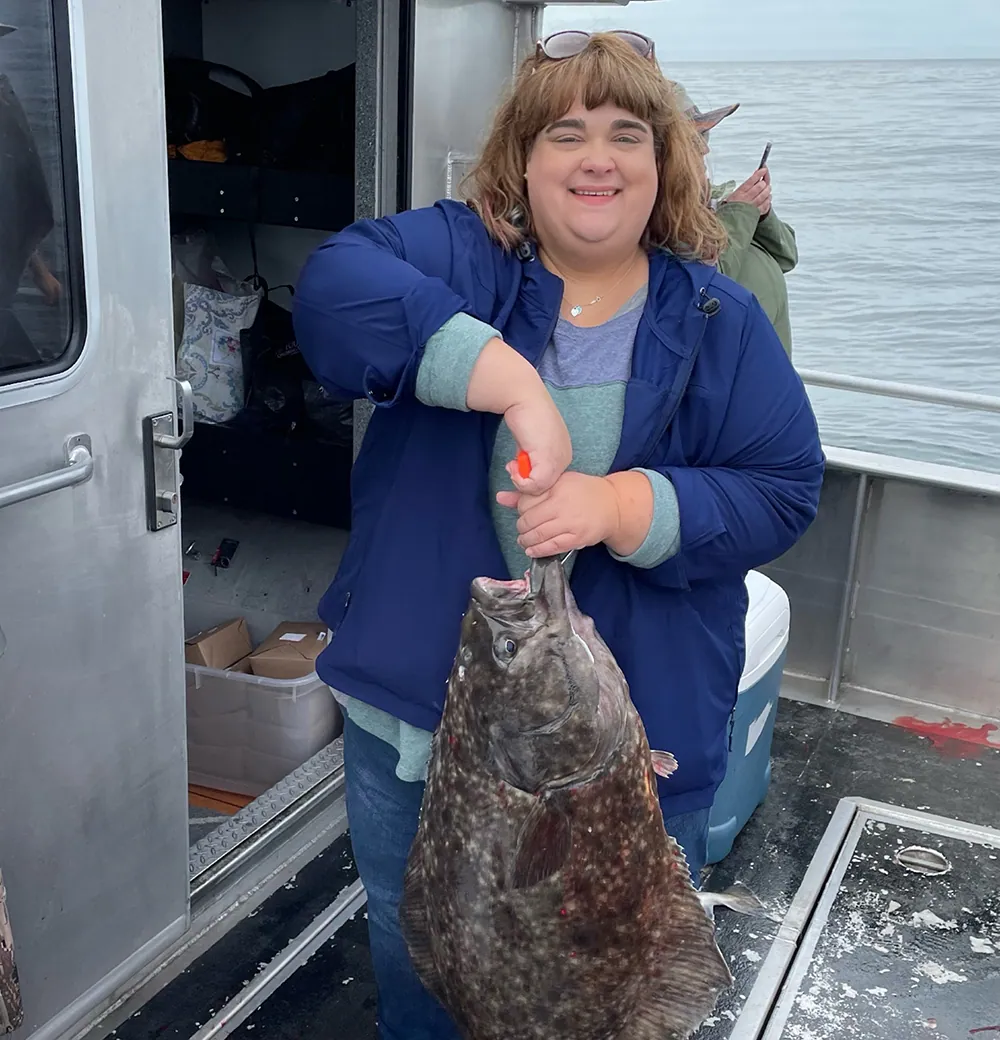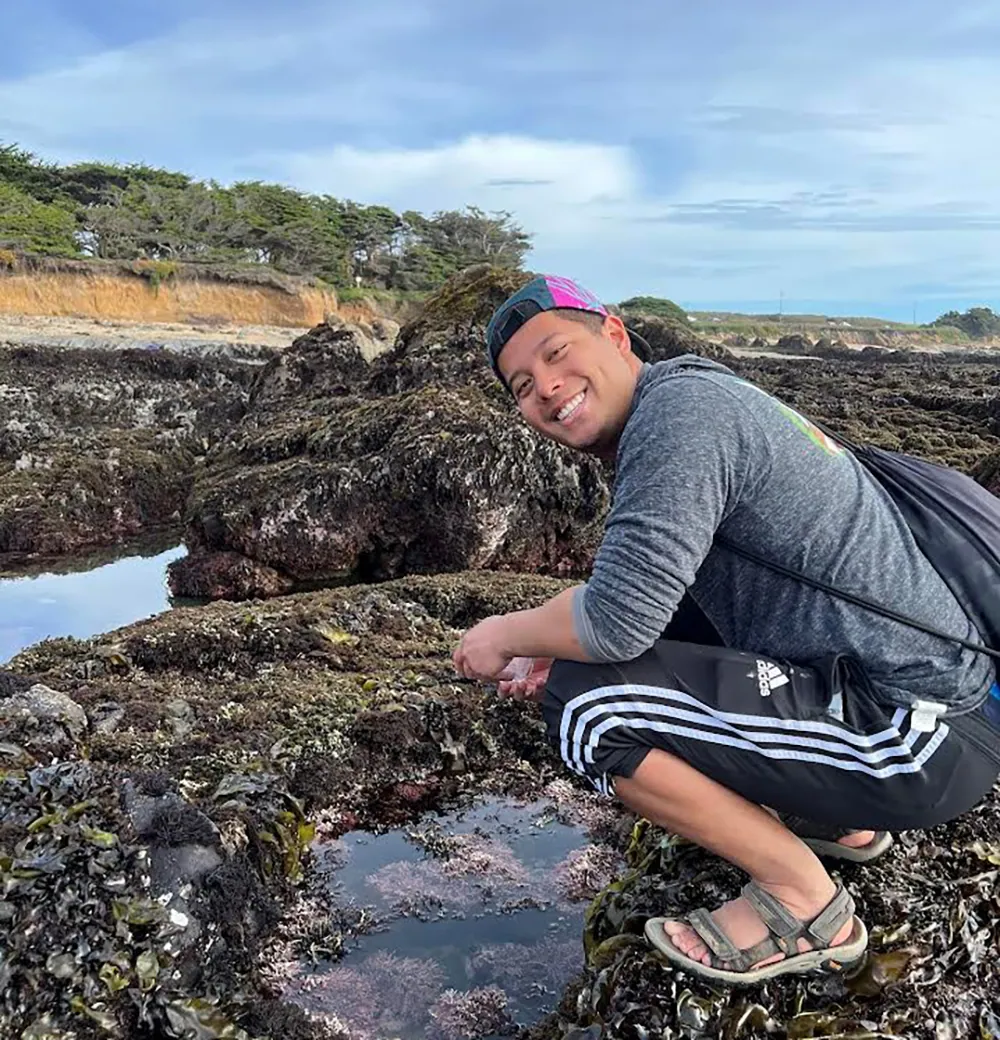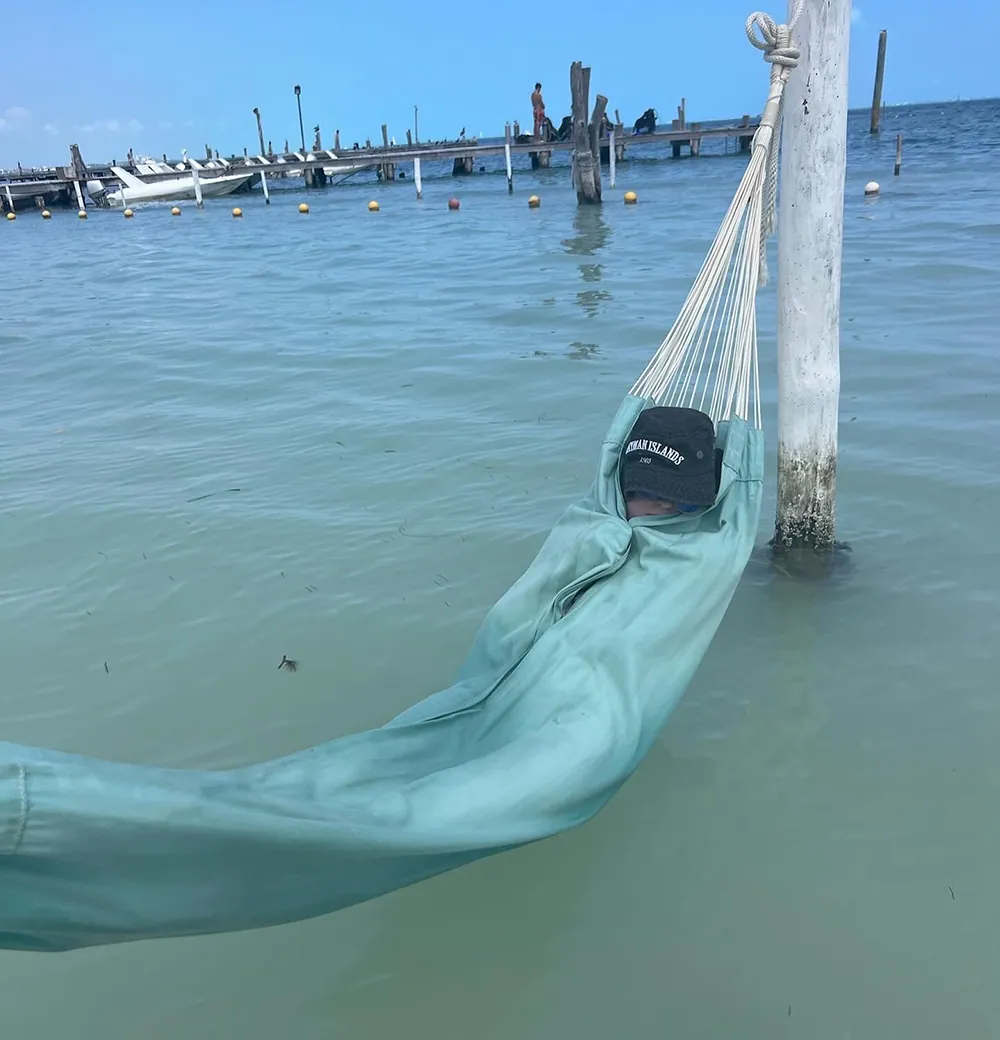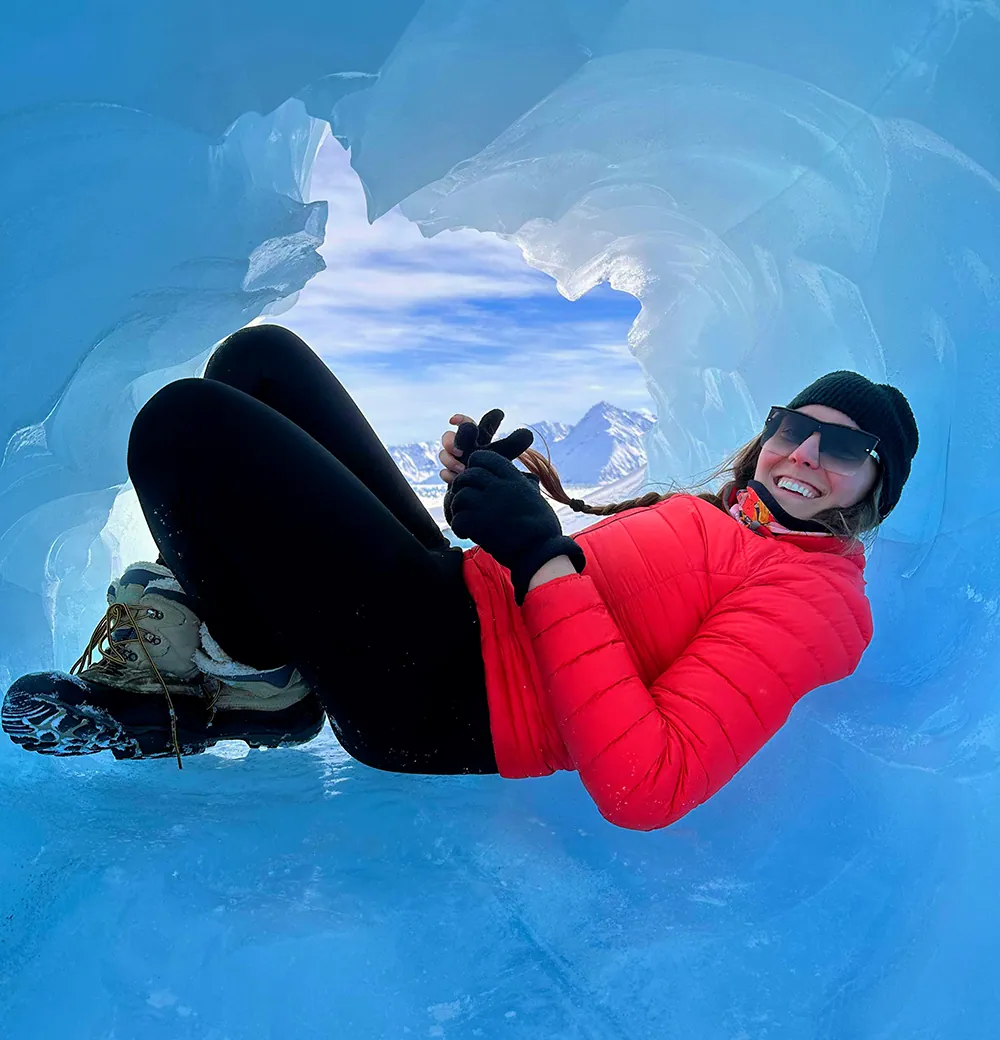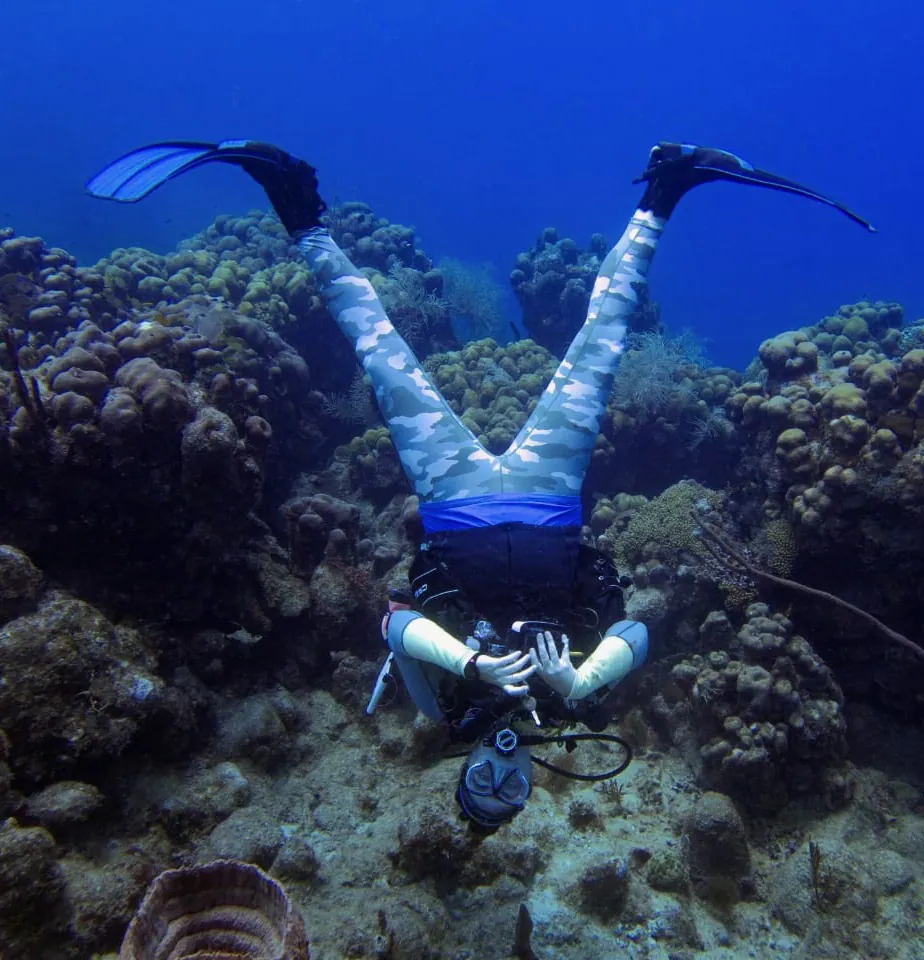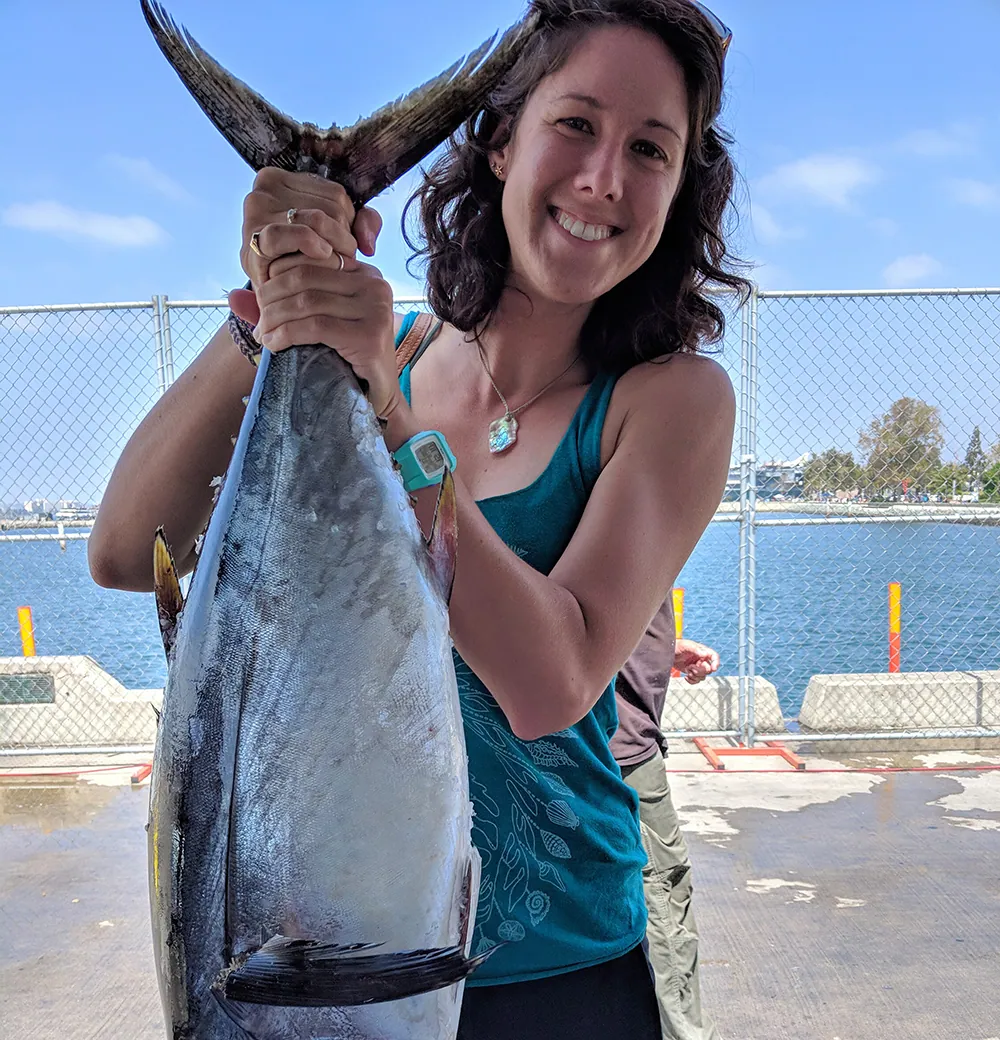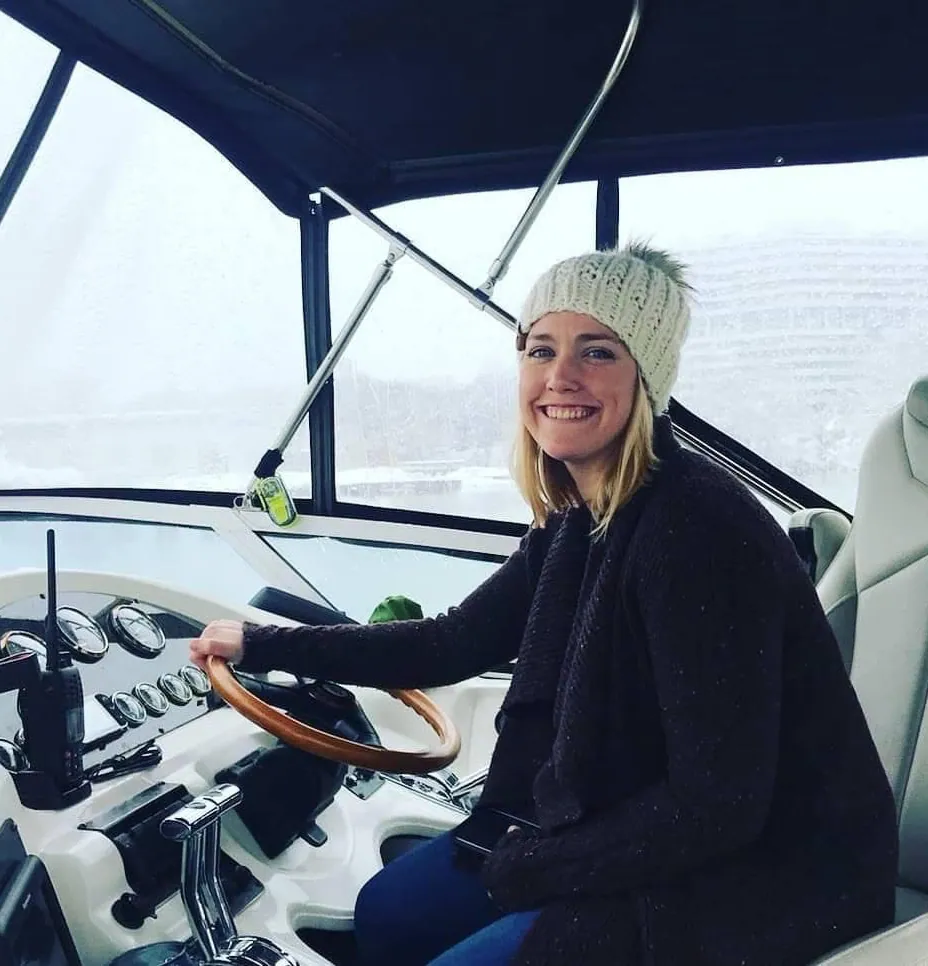In case you missed it, we recently explored Kamala Harris’ and Donald Trump’s ocean priorities to think about how their potential administrations might impact our community. Now that we have two official Vice President candidates—Tim Walz (D-MN) and J.D. Vance (R-OH)—let’s explore their voting records and what they might reveal about their positions on ocean, coastal, and science policies.
If you need a primer, general background on the V.P. hopefuls can be found here.
Both Candidates: Repping the Great Lakes
Neither Vance nor Walz represent a state that borders an ocean, but their states do border America’s fourth coast: the Great Lakes. The Great Lakes are sometimes forgotten in ocean and coastal discussions, but their coastlines span over 4,500 miles. We can expect the region to get a little more attention from the next Veep in either election outcome.
Tim Walz: Ecosystems, Anglers, and Bipartisanship
Before serving as Governor of Minnesota, Tim Walz represented the state’s first district in the U.S. House of Representatives for six terms (12 years). While in Congress, Walz served on the Veterans Affairs, Agriculture, Armed Services, and Transportation and Infrastructure Committees. As a retired National Guard Master Sergeant, he focused primarily on veterans issues, eventually becoming the top Democrat on the Veterans Affairs Committee.
Walz’s close second priority was Farm Bill and agriculture policy. He grew up on a family farm and represented a rural swing district in one of the country’s top food-producing regions. During his last term, Walz was rated one of the more bipartisan and effective House Members.
Fisheries and Ecosystem Management
Walz’s congressional legislative record demonstrates a focus on ecosystem management and conservation balanced with sustainable uses like fishing. Walz prioritized management of invasive species and habitats. He cosponsored:
- Bills related to invasive species management (e.g., H.R.996-113, H.R.709-113, H.R.258-113)
- The National Fish Habitat Conservation Act (H.R.2565-111), which aimed to set up a National Fish Habitat Board to establish aquatic habitat conservation goals and priorities
- The Shark Fin Sales Elimination Act (H.R.1456-115), which made it illegal to possess, buy, or sell shark fins in the U.S.
- The Safeguarding America’s Future and Environment (SAFE) Act (H.R.2804-114), which aimed to establish an interagency fish, wildlife, and plants climate adaptation strategy
Recreational Fishing
Walz was a proud member of the Sportsmen’s Caucus and tended to get behind legislation that supported recreational fishing. He did not weigh in much on commercial fisheries management. If elected Vice President, Walz would likely be most sympathetic to recreational fishing voices. He cosponsored:
- Numerous bills related to recreational fishing and hunting (e.g., H.R.4489-115, H.R.1945-115, H.R.2406-114)
- The Gulf States Red Snapper Management Authority Act (H.R.3094-114), a largely Republican bill that aimed to establish a separate management authority for red snapper in the Gulf of Mexico
- The Gulf of Mexico Red Snapper Conservation Act (H.R.3099-113), another largely Republican bill that would see the Gulf states adopt their own data collection and management strategy for red snapper
Energy Independence and Compromise
In 2014, Walz introduced the American Energy Opportunity Act of 2014 (H.R.4956 -113), a relatively moderate approach to energy policy that focused on incentivizing environmentally friendly practices while also supporting traditional fossil fuel production. At its core, the bill aimed to bolster U.S. energy independence. This policy is 10 years old, but it does provide some insight into how Walz might approach tough issues: with an eye towards compromise.
J.D. Vance: An Economics-Focused Approach
J.D. Vance is only 1.5 years into his first term as a U.S. Senator from Ohio, and at 39-years-old, he’s still a bit of an unknown character when it comes to policy decisions. Without much of a record on ocean and coastal legislation, we have a bit less to go on.
Prior to his election to the Senate in 2022, Vance served four years in the Marine Corps and wrote a bestselling memoir, “Hillbilly Elegy,” which revolves around themes of poverty, addiction, and social isolation in rural America. Vance also started Our Ohio Renewal, a nonprofit centered on addressing the opioid crisis and supporting children from disadvantaged families.
Vance’s record thus far shows a broad focus on economic and security issues. If elected Vice President, he would likely prioritize support for policies that give states more authority to manage their natural resources. Vance would also likely maintain a business-friendly stance with aims to help people and the economy, particularly in rural areas. Messaging around support for coastal communities with struggling industries is likely to resonate with him.
Economic Prioritization
During his time in Congress, Vance has not prominently sponsored or cosponsored legislation specifically targeting ocean, fisheries, or coastal issues. His legislative efforts are more concentrated on priorities like financial regulation and national security—on which he’s taken more definitive stances. Vance’s legislative actions indicate a preference for economic growth and industry support over stringent environmental regulations.
Commercialization of Technology and U.S. Manufacturing
Vance cosponsored the Invest Here, Make Here Act (S.1956) with Sen. Tammy Baldwin (D-WI). The bill would support the commercialization of federal research by domestic manufacturers and provide incentives for companies to manufacture new technologies in the United States.
Bottom Line
Both Walz and Vance aim to support rural communities and are proud of their military service. Walz would likely bring a more conservation-minded perspective to his role, while Vance would likely focus on economic growth and support for U.S. industries.

